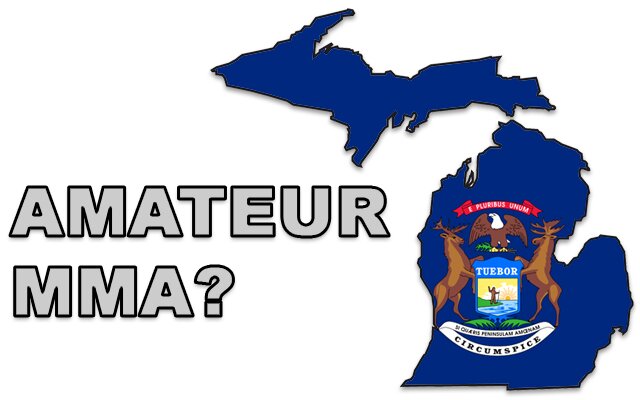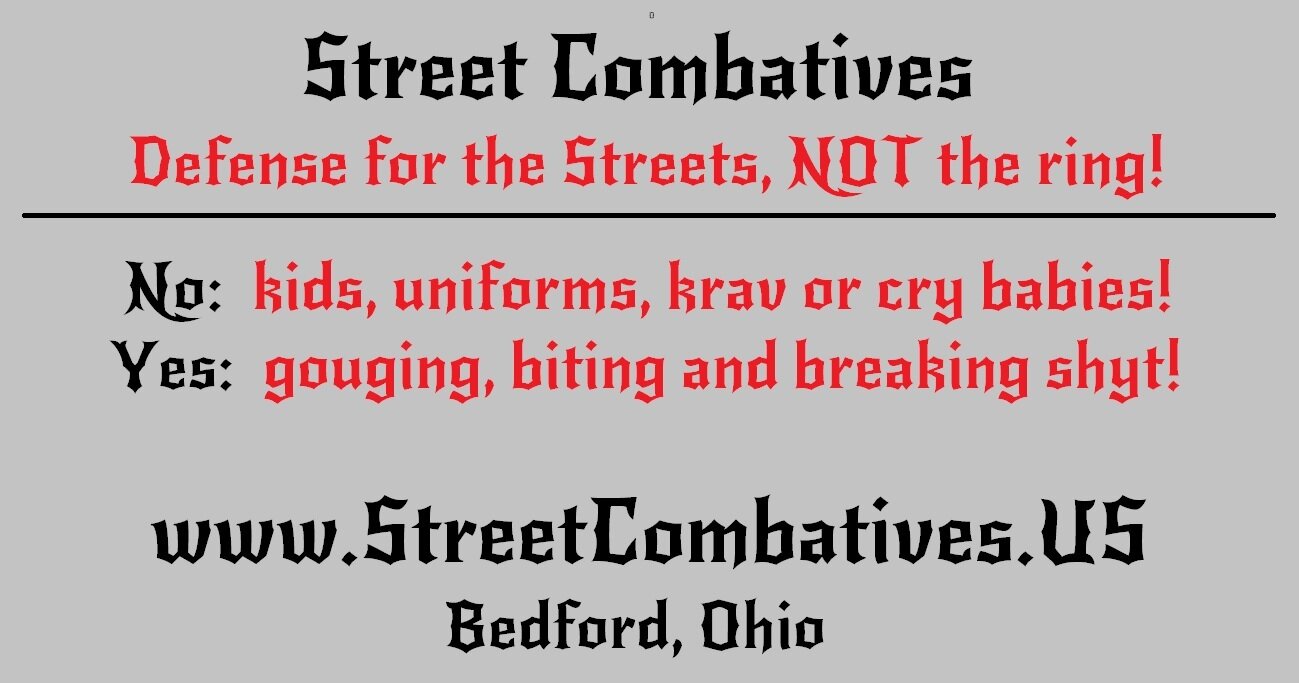Michigan is on the verge of regulating amateur MMA
Is the end of the world in sight? Are we dreaming? Since the beginning, or since mixed martial arts has been around, Michigan refused to regulate amateurs. For this very reason, the state has often been referred to as the “Wild Wild West of MMA”.
Like West Virgina, until recently, Michigan only regulated and sanctioned the professional side of the sport. This left the amateurs fending for themselves. That could all be changing soon.
According to a report from WMMT – Channel 3 News, a two-bill package could soon be on Michigan Governor Rick Snyder’s desk. The bill is composed of two different packages:
House Bill 4220 and Senate Bill 152
The bill would amend Michigan Unarmed Combat Regulatory Act (MUCRA) by expanding its regulatory authority to cover amateur Mixed Martial Arts (MMA) and other forms of unarmed combat, as well as other complementary changes detailed below. As noted, the act currently only provides for the regulation of professional MMA, boxing, and other sports and activities where individuals compete against each other unarmed.
Licensees who present amateur mixed martial arts events would have to ensure that all of the following conditions are met:
– Each individual contest consists of no more than three rounds, with each round being no longer than three minutes long, and at least a one minute break between each round.
– Each individual national or international championship consists of no more than five rounds, with each round being no longer than five minutes, and at least a one minute break between each round.
– Each contestant wears gloves provided by the event promoter that weigh between four and eight ounces.
– Gloves worn by contestants are inspected by the referee before and during the contest and changed before a contest starts if a glove is found to be misplaced, lumpy, broken, roughed, or otherwise unfit.
– Each contestant is weighed and placed in the appropriate weight class before participating in a contest.
– A contestant only participates in a contest with another contestant who is in the same weight class or, if the first contestant agrees to compete against a heavier contestant, in the next higher weight class.
– Professional mixed martial artists regulated under the Unarmed Combat Regulatory Act do not participate as contestants in a contest.
– Contestants do not compete unless they have submitted medical certification with negative results for hepatitis B and C, and HIV tests conducted within 180 days prior to the scheduled event.
– Female contestants do not participate unless they have submitted pregnancy test results within seven days prior to the event and the results are negative.
– Individuals are not allowed to participate without proper medical clearance.
– Events do not take place or continue without a medical professional in attendance.
– Events do not take place or continue without trained and competent referees.
– Individuals are not allowed to participate if there is any reason to suspect they are impaired, meaning the inability or immediately impending inability to safely participate in a contest or event due to substance abuse, chemical dependency, or the use of drugs or alcohol that does not constitute substance abuse or chemical dependency.
– Professionals are not allowed to compete as contestants.
– Individuals do not compete who lost a contest by a technical knockout (TKO) in the 30 days prior to the event, unless they submit the results of a physical exam indicating they are fit to compete.
– The medical professional at the event determines the status of a contestant who was knocked out in a contest or whose fight was stopped because of hard blows to the head rendering the contestant defenseless or incapable of continuing. The medical professional can recommend post fight neurological exams.
– Contestants described above do not compete until receiving proper medical clearance.
– If further neurological exams are recommended, the contestant does not compete in another contest until providing copies of the exam reports to the promoter that demonstrate the contestant is fit to compete.
– Contestants who receive severe injuries or knockouts in a contest are examined by a medical professional and not allowed to compete again until a full recovery is certified.
– Individuals do not compete in the contest if they participated in a contest in the 60 days prior to the event and were knocked out or the contest was stopped because of excessive hard blows to the head.
– Individuals do not compete in the contest if one of the following applies:
§ The individual participated in multiple contests before the event
§ The individual was knocked out twice or two or more of their contests were stopped because of excessive hard blows to the head.
§ The second knockout or stoppage occurred in the 120 days prior to the event.
– Individuals do not compete in the contest if they have participated in multiple contests before the event, were knocked out in three consecutive contests or had three consecutive contests stopped because of excessive blows to the head in any 12-month period, and the third knockout or stoppage occurred in the one-year period prior to the event.
– If an individual was not allowed to participate in an earlier event because of the requirements above at the time of the earlier event, he or she does not participate until providing the promoter with proper medical clearance.
– Each contestant is insured for at least $10,000 for any medical and hospital expenses, including deductibles paid by the contestant, to cover injuries from a contest and at least $10,000 to be paid according to the laws of descent and distribution of individual property if the contestant dies as a result of injuries sustained during a contest.
Read the Bill in it’s entirety here.
House Bill 4286 and Senate Bill 154
House Bill 4286 and Senate Bill 154 would amend the Code of Criminal Procedure by adding as a Class E felony, a violation of the Mixed Martial Arts Regulatory Act resulting from allowing a professional to fight an amateur in the ring. The maximum term of incarceration for an individual found guilty of this felony is three years.
It’s About Time Michigan
In all seriousness, it makes absolutely no sense as to why any state would regulate the professional side of the sport and completely ignore the amateurs. If it were the other way around, regulate the amateurs instead of the professionals, then it would make it a little more understanding. Just based off the professionals should at least know by that time in their careers be able to discern right from wrong.
The truly intriguing part of this is now the possibility for Michigan amateurs to fight in Kentucky, Ohio and Pennsylvania. Before now, amateur fighters were denied a fighter’s license by the respective athletic commission due to records not being recorded by a sanctioning body.
While the bill still needs to be approved by the Michigan Governor, things are truly looking good for the sport in the Ohio Valley region.








